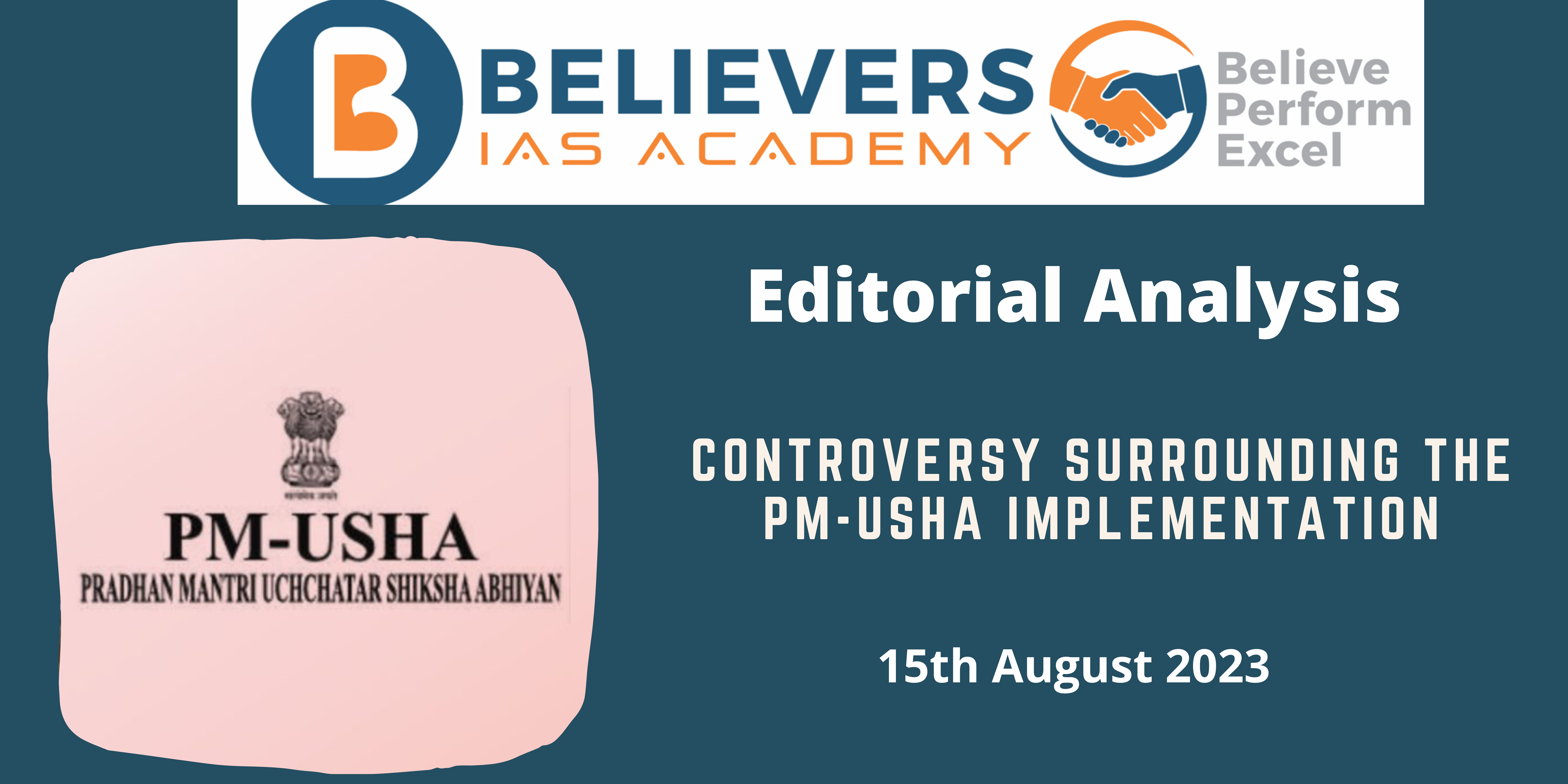Democracy in the Digital Age
Context:
Recent actions against journalists from NewsClick have raised concerns about the safety of digital data.
Relevance:
GS – 03 (Role of Media & Social Networking Sites in Internal Security Challenges, Role of External State &
Non-State Actors)
Mains Question:
Evaluate the impact of recent actions against journalists, on press freedom and digital data protection in India. How can the judiciary play a pivotal role in addressing these concerns? (150 words)
Dimensions of the Article:
- Aggressive Executive Actions
- The Peril of Digital Device Seizures
- Outdated Legal Framework
- Erosion of Privacy and Self-Incrimination Rights
- The Coercion to Unlock Smartphones
- The Impact on Journalists and Media
- The Quiet Judiciary
Aggressive Executive Actions:
- The Indian Union’s executive branch’s aggressive stance against NewsClick, labeling its staff as terrorists, reflects a broader issue. India’s dismal rank of 161 out of 180 countries in the World Press Freedom Index highlights the extent of “legal interference” in journalism. Journalists and media entities have faced increasing scrutiny and investigations, pointing to a worrying trend.
The Peril of Digital Device Seizures:
- Recent events have underscored the grave threats associated with the seizure of digital devices during investigations.
- The danger to the media from such actions prompted calls for legal reforms, advocating for guidelines akin to the D.K. Basu case. If the Supreme Court intervenes, what shape might these guidelines take?
Outdated Legal Framework:
- In the age of instantaneous communication and cloud storage, India’s criminal justice process remains rooted in archaic laws.
- The Code of Criminal Procedure, drafted in an era of telegraphs and wooden chests, struggles to address the intrusiveness of modern technology and protect democratic rights.
Erosion of Privacy and Self-Incrimination Rights:
- The Code’s provisions for search and seizure, outlined in Chapter 8, appear to be mere formalities in practice. Law enforcement often bypasses the need for warrants, and magistrates rarely conduct rigorous reviews.
- Specific laws like the Prevention of Money Laundering Act and the Income-Tax Act further undermine these safeguards, eroding privacy and self-incrimination rights enshrined in the Constitution.
The Coercion to Unlock Smartphones:
- The Karnataka High Court’s ruling that allows the police to coerce individuals into unlocking their smartphones poses significant privacy concerns.
- This decision grants law enforcement unrestricted access to personal data, raising questions about its implications for journalism and civil liberties.
The Impact on Journalists and Media:
- Digital device seizures during investigations have far-reaching consequences, particularly for journalists. Access to years of personal and professional communications exposes intricate relationships, networks, and confidential sources.
- The intrusion not only threatens their security but also risks the exposure of sensitive information in a manner that may provoke national security debates.
The Quiet Judiciary:
- Despite the pressing need for judicial intervention, many journalists, like Paranjoy Guha Thakurta, find themselves in a state of uncertainty. Their cases, including those seeking protection against digital infringements, have languished in the judiciary.
- The lack of action by the courts adds to the concerns surrounding press freedom and digital rights.
Way Forward:
To address these challenges and ensure the protection of digital data and press freedom:
– Introduce legal reforms and guidelines for digital data search and seizure, aligning with the evolving technological landscape.
– Strengthen safeguards to protect privacy and self-incrimination rights in line with constitutional principles.
– Encourage judicial oversight and thorough review of search warrants to ensure compliance with the law.
– Promote accountability and transparency in investigations involving digital device seizures, especially in cases related to journalism.
– Expedite the hearing and resolution of cases related to press freedom and digital data protection, reaffirming the judiciary’s commitment to upholding constitutional values.
Conclusion:
The recent actions against journalists and the seizure of digital devices have raised critical questions about the state of press freedom and digital rights in India. While the echoes of the past loom large, it is essential for the judiciary to assert its role in safeguarding democratic values. Upholding the legacy of judicial courage, exemplified by Justice H.R. Khanna’s dissent in the ADM Jabalpur case, is imperative in navigating this era of digital authoritarianism and preserving India’s constitutional framework.




